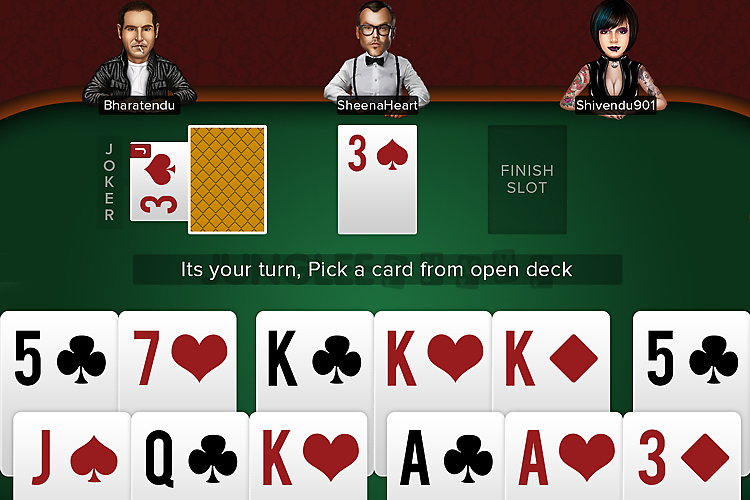
views
The year 2015 was an exhaustive and interesting year for the online gaming industry and as the new years begins, it looks like we are heading towards a promising year of indulging in virtual rejuvenation. So here are some major trends that we analysed, all of which could completely change the way online games are made and played in the near future:
1. Freemium games will continue to be a top grosser
In spite of India being a money-savvy society, people are still reluctant to pay for mobile games, despite cheap gaming rates and mobile internet plans. In the "Freemium model" of monetisation, users can play most of the game for free but will have to pay for virtual goods and in-app upgrades. The model stands suitable for the price sensitive online gamers of India.
2. Virtual Reality will slowly start integrating with gaming
Cheap cardboard-based virtual reality headsets are slowly coming into the market and can be simply attached to your smartphone for an immersive experience. Just like console gaming never really became mainstream in India due to the high price point, whereas mobile gaming took off, we'll see similar parallels with Virtual Reality. The Oculus Rift and similar headsets are at an unaffordable price point for most consumers. However, the sub-Rs 1000 paper-based headsets are an actual reality and will make a difference in how VR integrates with gaming. Imagine being able to play cricket in a stadium, instead of just watching it from a 2D isometric or top down view.

3. Making way for a spectator experience
In the era of celebrity YouTubers, and "Twitchers", it is even more important for developers to consider how their games will be viewed as well as played. The statistics in terms of the hours people spend playing games and watching games, suggests that the latter is trending. So, we are foreseeing that within the next one year, we're going to see more developers trying to exploit this aspect, specifically aiming their games at YouTube and Twitch.tv
4. Players will be contributors
Come 2016 and gamers won't just be watching future developments, instead, they'll be contributing to it. Games will allow players to construct their own levels and decide the final direction of quests in-game and then share them online.
5. PaaS will make creating games easier
Catalyzed by PaaS (Platform as a Service), the mobile games and app market in India, projected to be worth Rs 2,700 crore by 2016, are growing at an unimaginable pace. PaaS is opening opportunities for Indian gaming startups to build games within the shortest possible time span, without worrying about the infrastructure.
6. Monetisation would still be majorly dependent on advertising, but in-app purchases will notice surge
7. Mainstream games will become services and platforms
We've seen how smartphone developers have turned their games into platforms by reacting to metrics data, tweaking difficulty accordingly, and then adding downloadable additions to their brands - rather than bringing out regular sequels. We have been observing that free-to-play design and ethos are coming into premium games. Developers are learning the usage of metrics to evolve games in the face of user data.
(Ankush Gera is Founder and CEO at Junglee Games)

















Comments
0 comment